






5-Star Valuation Services, Loved by Hundreds
Defensible appraisals for any legal or tax need.
Rather than relying on a single lead appraiser or fixed team, we maintain an extensive network of credentialed specialists, each with deep expertise in particular asset types and valuation purposes. This enables us to match every engagement with the right expert while delivering exceptionally fast turnaround times, even under the most demanding deadlines.
When you require a defensible appraisal you can trust, AppraiseItNow delivers.


Easy & Fast Online Appraisal Process
Our unique model allows us to meet super tight deadlines for tax filings, court dates, internal company project timelines.

Industry-Leading Appraisal Speed
Our unique business model means that we always have a credentialed appraiser available to work on your project, and we can meet obscure and short deadlines for tax filings, court submissions, internal projects, and more. Even if that means preparing your appraisal within 24 hours!

Any Asset Covered
This means that we can appraise any type of item including furniture, artwork, jewelry, business inventory, machinery & equipment, cars, boats, and more!

Servicing Enterprises & Individuals
Our company services anyone from an individual with a single couch to an enterprise needing contents of multiple offices or warehouses appraised.

Defensible for Any Purpose
Frequently Asked
Questions
No Frequently Asked Questions Found.
The U.S. Small Business Administration collaborates with approved lenders to provide loan guarantees, which fundamentally transforms the lending landscape for small businesses. This approach allows financial institutions to extend credit to businesses that might not qualify for conventional loans, effectively lowering the risk for lenders while creating opportunities for entrepreneurs.
These loan programs offer remarkable flexibility, accommodating diverse business needs from startup capital to expansion funding. Businesses can access loan amounts ranging from modest sums to substantial investments, with repayment terms typically spanning 7 to 25 years. The competitive interest rates and extended repayment periods provide businesses with more manageable financial obligations compared to traditional lending options.
SBA loans come in multiple formats, each tailored to specific business requirements. The 7(a) Loan Program serves as the most versatile option, supporting working capital, equipment purchases, and real estate investments. Meanwhile, the 504 Loan Program focuses on fixed asset acquisitions, and the Microloan Program provides smaller funding amounts for emerging businesses with limited financial histories.
The fundamental appeal of SBA loans lies in their ability to democratize access to capital. By mitigating lending risks and offering more flexible qualification criteria, these programs empower entrepreneurs who might otherwise struggle to secure traditional financing. This approach not only supports individual businesses but also contributes to broader economic growth and innovation.
Ultimately, SBA loans represent more than just a financial product—they are a strategic tool for businesses navigating complex economic landscapes. Understanding their nuanced structure and potential can help entrepreneurs make informed decisions about their financial futures.
The appraisal process goes far beyond a simple price tag. It delivers a nuanced understanding of the property's worth by examining factors such as location, condition, comparable market sales, and potential income generation. Lenders rely on these professional assessments to determine loan eligibility, assess risk, and establish precise lending parameters.
For borrowers, an appraisal offers transparency and protection. It ensures they are making a sound financial investment by confirming the property's actual market value. The valuation helps prevent overpaying and provides a clear picture of the asset's potential.
Financial institutions use appraisals as a key risk management tool. By understanding the precise value of the collateral, they can make informed decisions about loan amounts, interest rates, and overall lending terms. This meticulous approach protects both the lender's investment and the borrower's financial interests.
The appraisal also plays a crucial role in meeting SBA regulatory requirements. It validates that the property meets specific guidelines, confirming its suitability as loan collateral. This compliance is essential for loan approval and helps streamline the application process.
Moreover, the appraisal serves multiple secondary functions. It supports insurance coverage calculations, assists in tax assessments, and provides a comprehensive documentation record for the loan application. This multifaceted utility makes the appraisal an indispensable component of the SBA loan process.
Ultimately, a professional property appraisal represents more than a mere formality. It is a strategic tool that brings clarity, mitigates financial risks, and facilitates informed decision-making for businesses seeking SBA loan financing.
Professional appraisers conduct an in-depth examination that considers several key elements: equipment age, operational condition, accumulated usage hours, specific brand and model characteristics, and current market dynamics. Each factor is carefully weighted to generate an accurate representation of the asset's true worth.
The appraisal process begins with a detailed physical inspection, where experts methodically evaluate the equipment's structural integrity, mechanical functionality, and overall performance potential. Maintenance records play a crucial role, offering insights into the equipment's historical care and potential longevity. Well-maintained machinery typically commands a higher valuation, reflecting the diligence of its previous owners.
Comparative market analysis forms another cornerstone of the appraisal methodology. Appraisers cross-reference the equipment against recent sales of similar machinery, ensuring the valuation reflects current market conditions and industry trends. This approach provides a nuanced, data-driven perspective that goes beyond surface-level assessments.
Different sectors leverage construction equipment appraisals for varied purposes. Contractors use these evaluations to make strategic decisions about equipment acquisition or disposition. Financial institutions rely on precise valuations to assess lending risks and determine appropriate financing terms. Rental companies depend on these assessments for fleet management and insurance purposes.
Ultimately, a construction equipment appraisal represents a complex intersection of technical expertise, market knowledge, and financial analysis. It provides stakeholders with a reliable, objective assessment that supports informed decision-making in an ever-evolving industry landscape.
Detailed digital assessments typically involve clients submitting high-quality photographs and comprehensive equipment specifications. Appraisers carefully analyze these submitted materials, examining equipment condition, age, operational history, and market comparability factors. This method allows for precise evaluation without requiring physical presence.
Interactive online appraisal options have expanded, leveraging video conferencing platforms like Zoom, Google Meet, and Skype. These live sessions enable real-time equipment examination, allowing appraisers to request specific angles, discuss unique features, and conduct thorough visual inspections with clients.
The digital appraisal process offers significant advantages, including dramatically reduced turnaround times and elimination of geographical constraints. Clients can receive professional assessments quickly and conveniently, without scheduling complex in-person meetings or incurring additional travel expenses.
Modern appraisal techniques incorporate advanced technological tools and professional expertise to deliver accurate, reliable equipment valuations. By combining detailed documentation, visual evidence, and professional analysis, online construction equipment appraisals provide comprehensive insights that meet industry standards and client expectations.
Certified general appraisers offer the broadest expertise, holding comprehensive licenses that enable them to assess virtually any type of heavy machinery. Their deep market knowledge allows for nuanced valuations of complex and high-value equipment, making them invaluable for comprehensive assessments.
Licensed equipment appraisers focus specifically on machinery valuation, developing deep expertise in construction equipment like excavators, bulldozers, and cranes. Their specialized knowledge ensures precise evaluations that account for industry-specific factors, regulatory compliance, and detailed condition assessments.
Industrial appraisers bring a strategic perspective, examining equipment within the broader context of manufacturing and construction operations. They excel at understanding how machinery integrates into industrial ecosystems, providing holistic valuations that consider operational capabilities and market positioning.
Cost approach appraisers utilize a methodical replacement value strategy, calculating equipment worth based on reproduction costs and accounting for depreciation. This approach proves particularly effective for new or unique machinery, offering a scientific basis for valuation.
Market approach appraisers leverage comparative sales data, analyzing recent transactions to determine fair market value. By examining factors like age, condition, and brand reputation, they provide insights that reflect current market dynamics and competitive pricing trends.
Auction appraisers specialize in evaluating equipment within the unique context of sales environments. Their expertise in predicting auction performance helps buyers and sellers understand potential market values, drawing from historical sales data and current industry trends.
Selecting the right appraiser depends on specific assessment needs, equipment type, and valuation objectives. Understanding these professional distinctions empowers businesses and individuals to make informed decisions about their construction equipment assets.
Financial decision-makers rely on equipment appraisals to understand the true economic landscape of their assets. By establishing precise market values, companies can make informed choices about equipment maintenance, replacement, and potential divestiture. These evaluations capture nuanced details about depreciation, current market conditions, and potential future value trajectories.
Insurance and risk management represent another crucial dimension of equipment appraisals. Accurate valuations ensure appropriate coverage levels, protecting organizations from potential financial vulnerabilities in case of unexpected equipment loss or damage. This proactive approach mitigates potential economic disruptions and provides a clear framework for claims processes.
Lending institutions and financial partners frequently require professional equipment appraisals when considering financing or leasing arrangements. A comprehensive, objective assessment provides credibility and transparency, potentially securing more favorable lending terms and demonstrating the organization's financial sophistication.
Tax planning and compliance represent additional significant benefits of professional equipment appraisals. Whether addressing charitable donations, estate planning, or annual tax reporting, precise valuations help organizations maximize potential tax advantages while maintaining regulatory adherence.
Strategic asset management emerges as a fundamental outcome of regular equipment appraisals. By tracking equipment value over time, businesses can develop more intelligent procurement strategies, anticipate replacement cycles, and optimize their capital investment approaches.
Ultimately, construction equipment appraisals transcend simple monetary calculations. They represent a holistic tool for financial strategy, risk management, and organizational planning, enabling more sophisticated and informed decision-making across multiple business dimensions.
What Makes Construction Equipment Appraisal Critical for SBA Financing?
Why Construction Equipment Appraisal is Essential for SBA Financing
In the competitive landscape of Small Business Administration (SBA) financing, understanding the nuanced value of construction equipment is critically important for businesses seeking financial opportunities.
Key Purposes of Construction Equipment Appraisal
- Establishing Objective Market Value
A professional appraisal provides a precise and credible assessment of equipment value, which serves as crucial collateral for loan applications. Lenders rely on these valuations to determine the potential financing amount and assess the overall risk of the loan.
- Strategic Business Insights
Equipment appraisals offer business owners comprehensive insights into their asset portfolio. This knowledge enables strategic decision-making around:
- Potential equipment upgrades
- Asset sales and replacement strategies
- Financing optimization
- Regulatory Compliance
Professional appraisals ensure strict adherence to SBA guidelines, providing a defendable valuation that meets regulatory standards and expectations of financial institutions.
The Strategic Importance of Accurate Appraisals
Construction equipment appraisal transcends a mere administrative task. It represents a strategic tool that:
- Provides lenders with confidence in loan applications
- Empowers business owners with actionable asset intelligence
- Ensures compliance with complex financial regulations
By investing in professional equipment appraisal, businesses position themselves for enhanced financial opportunities, more informed decision-making, and potential growth pathways.
The Role of Accurate Equipment Valuation in Loan Success
Accurate equipment valuation is crucial for construction businesses seeking Small Business Administration (SBA) financing. The appraisal process serves as a critical bridge between businesses and lenders, providing essential insights into the value of equipment assets.
Key Components of Equipment Valuation
A comprehensive equipment appraisal encompasses several critical elements:
- Equipment Condition Assessment: Evaluating the physical state and operational capacity of machinery
- Market Value Analysis: Determining current market rates for specific equipment types
- Depreciation Calculation: Accounting for age and wear of construction equipment
- Maintenance History Review: Examining documented maintenance records
Why Precision Matters in Loan Applications
Lenders rely on precise valuations to:
- Assess the true collateral value of equipment
- Mitigate financial risks
- Determine appropriate loan terms
- Validate the borrower's financial credibility
Potential Consequences of Inaccurate Valuations
Imprecise equipment appraisals can lead to significant challenges, including:
- Loan application rejection
- Less favorable lending terms
- Reduced borrowing capacity
- Potential legal and financial complications
Best Practices for Equipment Valuation
To maximize the effectiveness of equipment appraisals, businesses should:
- Work with certified professional appraisers
- Maintain comprehensive maintenance documentation
- Regularly update equipment condition assessments
- Understand market trends affecting equipment values
Ultimately, a meticulous and professional approach to equipment valuation can significantly enhance a business's ability to secure SBA financing, providing a solid foundation for growth and strategic development.
Identifying Equipment Eligible for SBA Loan Appraisals
When seeking financing through Small Business Administration (SBA) loans, properly identifying the construction equipment eligible for appraisal is crucial. Understanding which equipment qualifies can significantly impact the financing process and your overall business strategy.
Types of Construction Equipment Eligible for Appraisals
Heavy Machinery
- Excavators
- Bulldozers
- Backhoes
- Critical for construction projects
- Substantial value potential
Light Equipment
- Compactors
- Generators
- Scaffolding
- Lower individual value
- Collective value important for financing
Attachments and Accessories
- Buckets
- Blades
- Lifts
- Enhance primary machinery functionality
- Contribute to overall equipment value
Key Factors Influencing Equipment Appraisal Eligibility
Age and Condition
- Newer equipment typically appraises higher
- Well-maintained items have greater financing potential
- Older or poorly maintained equipment may have limited qualification
Market Demand
- High-demand equipment sees increased appraisal values
- Understanding current market trends is crucial
- Helps prioritize equipment for appraisal
Operational Efficiency
- Equipment that enhances productivity is valued higher
- Positively impacts lender perception
- Reflects potential for business growth
A thorough understanding of eligible equipment types and associated appraisal factors is imperative for maximizing SBA loan opportunities. Proper preparation can pave the way for effective financing solutions and ultimately contribute to your business's prosperity.
Navigating the Construction Equipment Appraisal Process: A Step-by-Step Guide
Navigating the Construction Equipment Appraisal Process
Securing an accurate construction equipment appraisal for SBA loan purposes requires a strategic and methodical approach. Understanding the key steps can help streamline the process and maximize your chances of successful financing.
Key Steps in the Equipment Appraisal Process
- Comprehensive Equipment Identification
- Create a detailed inventory of all equipment to be appraised
- Document critical details:
- Equipment make and model
- Year of manufacture
- Serial numbers
- Current condition
- Accurate documentation ensures a precise valuation
- Select a Qualified Appraiser
- Choose an accredited professional with specialized construction equipment expertise
- Verify the appraiser's:
- Industry knowledge
- Access to current market data
- Professional certifications
- Ensures comprehensive and accurate equipment valuation
- Comprehensive Documentation Preparation
- Compile essential equipment records:
- Original purchase receipts
- Maintenance logs
- Previous appraisal reports
- Service and repair history
- Organized documentation validates equipment condition and ownership
- Compile essential equipment records:
- Professional Appraisal Assessment
- On-site inspection process evaluates:
- Physical equipment condition
- Operational functionality
- Market demand
- Potential depreciation
- Provides comprehensive equipment valuation
- On-site inspection process evaluates:
- Detailed Report Review
- Carefully examine the appraisal report
- Verify:
- Accurate equipment representation
- Realistic market valuation
- Comprehensive assessment details
- SBA Loan Application Integration
- Incorporate appraisal report into loan application
- Demonstrates:
- Collateral value
- Business asset strength
- Financial credibility
- Enhances loan approval potential
By following these systematic steps, businesses can effectively navigate the construction equipment appraisal process, positioning themselves for successful SBA loan acquisition and financial growth.
Key Factors That Determine Your Equipment's Market Value
Key Factors Determining Construction Equipment Market Value
When appraising construction equipment for SBA loan purposes, several critical factors influence the equipment's market value. Understanding these elements is essential for accurate financial assessments.
1. Age and Condition
- Equipment age significantly impacts market value
- Newer models typically command higher prices due to:
- Technological advancements
- Enhanced operational efficiency
- Overall condition is crucial, including:
- Maintenance history
- Visible wear and tear
- Previous upgrades
- Well-maintained equipment retains greater value
2. Brand and Model Reputation
- Brand reputation directly influences equipment valuation
- Well-known manufacturers typically retain higher value
- Popular models in high market demand command premium pricing
- Obsolete or less desirable models experience faster depreciation
3. Usage and Operating Hours
- Total equipment usage critically affects market value
- Equipment is rated for specific operational hours
- Excessive usage can indicate:
- Potential mechanical wear
- Reduced future performance
- Lower resale potential
- Documented maintenance records can mitigate usage concerns
4. Current Market Demand
- Market conditions dramatically impact equipment valuation
- Regional equipment demand influences pricing
- Economic factors create value fluctuations
- Supply and demand dynamics affect overall market value
5. Equipment Features and Specifications
- Special features can enhance equipment value
- Valuable attributes include:
- Advanced technological integrations
- Improved fuel efficiency
- Regulatory compliance
- Specialized attachments
- Unique specifications can differentiate equipment in competitive markets
By comprehensively evaluating these factors, stakeholders can establish more accurate market valuations for construction equipment, supporting more informed financial decisions during SBA loan processes.
Selecting a Qualified Appraiser: Your Path to Credible Valuation
Understanding Qualifications for Construction Equipment Appraisal
Selecting a qualified appraiser is a crucial step in obtaining an accurate construction equipment valuation, particularly when pursuing SBA loan financing. The right appraiser can provide insights that significantly impact your loan approval and business financial strategy.
Key Qualifications to Consider
- Professional Certifications: Look for appraisers with recognized credentials such as:
- Accredited Senior Appraiser (ASA)
- Certified Equipment Appraiser (CEA)
- Memberships in professional appraisal associations
- Industry-Specific Expertise: Choose an appraiser with:
- Specialized knowledge in construction equipment valuation
- Understanding of equipment depreciation and market trends
- Experience with various machinery types and conditions
The Value of an Independent Assessment
An independent appraisal provides critical benefits for your SBA loan application:
- Offers an unbiased, objective equipment valuation
- Presents credible, third-party documented evidence
- Demonstrates transparency to potential lenders
Preparing for the Appraisal Process
Maximize the accuracy of your equipment appraisal by:
- Gathering comprehensive equipment documentation
- Providing detailed maintenance records
- Documenting any significant repairs or modifications
- Being transparent about equipment usage and condition
What to Expect During the Appraisal
A thorough equipment appraisal typically involves:
- Physical inspection of equipment
- Review of maintenance and service history
- Market comparisons and valuation analysis
- Detailed reporting of findings
Long-Term Benefits
Investing in a professional, comprehensive equipment appraisal delivers value beyond the immediate loan application, providing strategic insights into your asset's financial positioning and potential future value.
Overcoming Common Hurdles in Construction Equipment Appraisals
Navigating Construction Equipment Appraisal Challenges
When seeking a construction equipment appraisal for SBA loan purposes, several critical challenges can impact the valuation process. Understanding these potential hurdles is essential for ensuring an accurate and smooth appraisal experience.
1. Comprehensive Equipment Condition Assessment
The accuracy of a construction equipment appraisal heavily depends on a thorough condition evaluation. Key strategies include:
- Maintaining detailed maintenance and repair records
- Documenting complete usage history
- Providing factual data to support equipment condition
- Minimizing subjective visual assessments
2. Navigating Market Volatility
Construction equipment valuation is significantly influenced by market dynamics:
- Economic conditions rapidly impact equipment values
- Technological advancements create pricing uncertainties
- Importance of working with appraisers who use current market databases
- Tracking real-time pricing trends
3. Understanding Appraisal Methodologies
Appraisers typically utilize three primary valuation approaches:
- Cost Approach
- Income Approach
- Market Approach
Effective strategies include:
- Discussing methodology selection with your appraiser
- Ensuring the chosen method aligns with equipment specifics
- Maintaining clear communication throughout the process
4. Ensuring Regulatory Compliance
SBA loan appraisals require strict adherence to specific guidelines:
- Understanding SBA-specific valuation requirements
- Working closely with lenders
- Preparing comprehensive documentation
- Anticipating potential compliance challenges
By proactively addressing these common appraisal challenges, equipment owners can streamline the valuation process and improve their chances of securing an accurate assessment for SBA loan purposes.
Ensuring Regulatory Compliance in Equipment Valuation
Understanding Regulatory Compliance in Equipment Valuation
Navigating the complex landscape of equipment valuation for SBA loans requires a comprehensive approach to regulatory compliance. Proper valuation is critical for securing financing and meeting stringent industry standards.
Key Regulatory Considerations
- Uniform Standards of Professional Appraisal Practice (USPAP): The gold standard for appraisal integrity and professional conduct
- SBA-Specific Guidelines: Unique requirements for different loan types (7(a) and 504 loans)
- Comprehensive Documentation: Detailed reporting of valuation methodologies and market analysis
Critical Valuation Factors
- Equipment Condition Assessment
- Comprehensive evaluation of physical condition
- Consideration of age and operational status
- Analysis of market demand and equipment utility
- Valuation Methodologies
- Cost approach
- Sales comparison approach
- Income approach
Importance of Compliance
A meticulously prepared appraisal serves multiple critical purposes:
- Provides transparency in the valuation process
- Protects both lender and borrower interests
- Demonstrates professional credibility
- Increases likelihood of loan approval
Market Considerations
Successful equipment valuation requires a nuanced understanding of:
- Current economic conditions
- Industry-specific market trends
- Equipment depreciation rates
- Regional market variations
By carefully navigating regulatory requirements and maintaining a comprehensive approach to equipment valuation, businesses can effectively position themselves for successful SBA loan applications.
Maximizing Your Equipment's Appraisal Potential: Preparation Strategies
Maximizing Your Construction Equipment's Appraisal Value
Securing an SBA loan requires a strategic approach to presenting your construction equipment's value. Effective preparation can significantly impact your loan eligibility and borrowing potential.
Key Preparation Strategies
- Comprehensive Documentation
- Compile all equipment-related documents
- Gather purchase invoices
- Collect maintenance records
- Organize warranty information
- Thorough Equipment Condition Assessment
- Conduct a detailed pre-appraisal inspection
- Document existing wear and tear
- Note all repairs and upgrades
- Provide transparent condition reporting
- Maintenance Excellence
- Maintain consistent service records
- Demonstrate regular equipment maintenance
- Prove operational efficiency
- Show commitment to equipment preservation
- Upgrade and Modification Documentation
- Highlight equipment improvements
- Provide detailed modification records
- Demonstrate added value through customizations
- Explain how upgrades enhance equipment performance
- Market Value Research
- Investigate comparable equipment sales
- Understand current market trends
- Establish realistic value expectations
- Prepare supporting market data
Strategic Considerations
Effective equipment appraisal preparation requires a holistic approach. By meticulously documenting your equipment's history, condition, and value, you create a compelling narrative that supports your loan application.
Key benefits of thorough preparation include:
- Enhanced loan eligibility
- More accurate equipment valuation
- Increased lender confidence
- Potential for more favorable loan terms
Remember, the goal is to present your construction equipment as a valuable, well-maintained asset that represents a sound investment for potential lenders.
Decoding Your Appraisal Report: What Lenders Look For
Understanding Construction Equipment Appraisal for SBA Loan Applications
Securing financing through an SBA loan requires a comprehensive and detailed appraisal report that meets specific lender requirements. A strategic appraisal goes beyond simple valuation, providing a holistic view of your construction equipment's worth and potential.
Key Elements Lenders Evaluate in Equipment Appraisal Reports
1. Equipment Condition and Functionality
- Comprehensive assessment of current machinery state
- Detailed descriptions of each equipment piece
- Maintenance records and age verification
- Functionality assessment to confirm operational capabilities
2. Comprehensive Market Value Analysis
- Thorough comparison of similar equipment sales
- Consideration of brand reputation and model specifications
- Evaluation of current market conditions
- Historical value trend assessments
3. Regulatory Compliance and Safety Standards
- Verification of industry safety protocols
- Documentation of regulatory compliance
- Assessment of equipment operational safety
- Confirmation of meeting industry-specific standards
4. Ownership and Documentation Verification
- Clear and transparent ownership information
- Verification of titles and bills of sale
- Risk mitigation documentation
- Comprehensive ownership transfer potential
5. Future Value and Market Potential
- Projected technological advancements analysis
- Potential market growth considerations
- Long-term equipment relevance assessment
- Alignment with industry technological trends
A meticulously prepared appraisal report serves multiple critical functions. It not only validates the current value of construction equipment but also demonstrates its potential as a strategic financial asset, significantly enhancing the likelihood of successful loan approval.
Transforming Appraisal Insights into Financing Opportunities
When seeking financing through SBA loans, a robust understanding of the value of construction equipment is paramount. Accurate appraisals can transform not just the financial outlook of a business but also the overall project viability.
Key Considerations in Construction Equipment Appraisal
The appraisal process involves detailed inspections and evaluations by certified professionals who understand the nuances of construction equipment—from age and condition to market demand.
Critical Appraisal Factors
- Condition Assessment: Appraisers meticulously evaluate physical wear and operational capacity, determining how these factors impact marketability. A comprehensive maintenance history can significantly enhance the perceived value of equipment.
- Market Comparables: A thorough appraisal examines similar assets within the market, providing a clear picture of current valuations. Understanding how your equipment compares to competitors is crucial in negotiating financing terms.
- Future Income Potential: Financial institutions consider the equipment's ability to generate revenue or contribute to project success. Articulating potential job prospects linked to the equipment can strengthen valuation claims.
- Documentation Integrity: Comprehensive documentation—including purchase receipts, maintenance logs, and historical performance records—provides critical credibility to the appraisal process.
Strategic Appraisal Approach
By transforming appraisal insights into actionable financial data, businesses can more effectively communicate their equipment's worth to lenders. This strategic approach not only enhances the likelihood of securing SBA loans but can also result in more favorable financing terms.
Understanding and presenting your construction equipment's appraisal value is crucial in leveraging financing opportunities, whether you are looking to expand your fleet or invest in new technology. A well-prepared appraisal can be the key to unlocking financial potential and supporting your business's growth initiatives.
Your SBA Loan Appraisal Questions Answered
Understanding Construction Equipment Appraisals for SBA Loans
When seeking an SBA loan to finance or expand your construction business, understanding the appraisal process is crucial for navigating this critical financial step.
What is a Construction Equipment Appraisal?
A construction equipment appraisal is an expert assessment that determines the precise value of equipment used in construction operations. This valuation serves a critical purpose for businesses applying for SBA loans, as lenders require a validated estimate of equipment worth to determine eligible loan amounts.
Key Purposes of Equipment Appraisals
- Provide accurate documentation of equipment value
- Establish collateral for loan security
- Validate the financial standing of the business
- Support loan application credibility
Factors Impacting Equipment Valuation
Multiple critical elements influence the appraisal value of construction equipment:
- Equipment Condition
- Total operational hours
- Maintenance history
- Physical wear and tear
- Market Dynamics
- Current industry demand
- Equipment age
- Technological relevance
- Brand and Model Reputation
- Manufacturing quality
- Historical performance
- Resale market perception
The Appraisal Process
Professional appraisers specializing in construction equipment utilize comprehensive methodologies to determine fair market value, including:
- Detailed market analysis
- Cost approach evaluation
- Comparative asset assessment
- Comprehensive equipment inspection
Typical Appraisal Timeline
The equipment appraisal process can vary depending on complexity, typically ranging from a few days to several weeks. Factors influencing duration include:
- Number and complexity of equipment assets
- Appraiser's current workload
- Accessibility of equipment for inspection
- Documentation preparation requirements
By understanding these critical aspects of the construction equipment appraisal process, businesses can approach their SBA loan application with confidence and preparedness.
View all Locations
APPRAISEITNOW APPRAISERS ARE BEST-IN-CLASS & CREDENTIALED BY LEADING APPRAISAL ORGANIZATIONS LIKE THE ISA, ASA, & MORE.






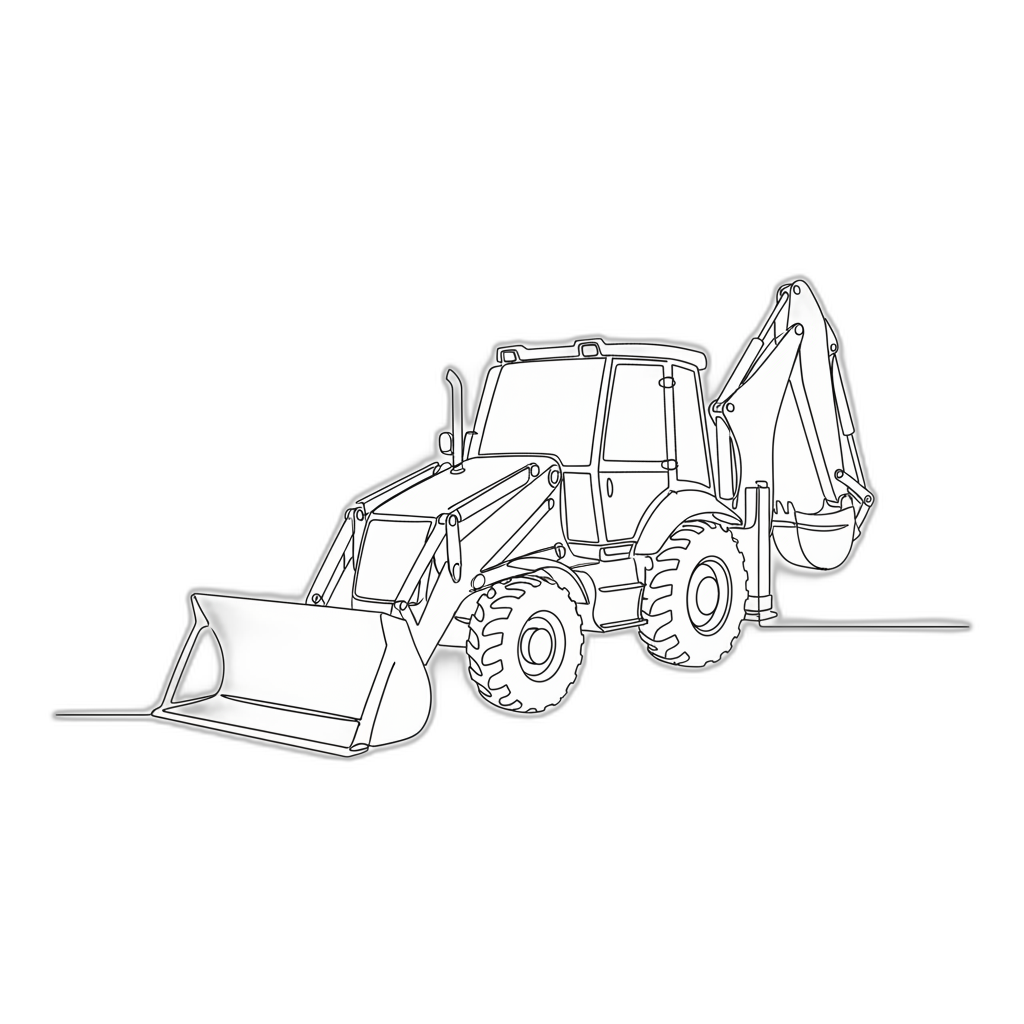
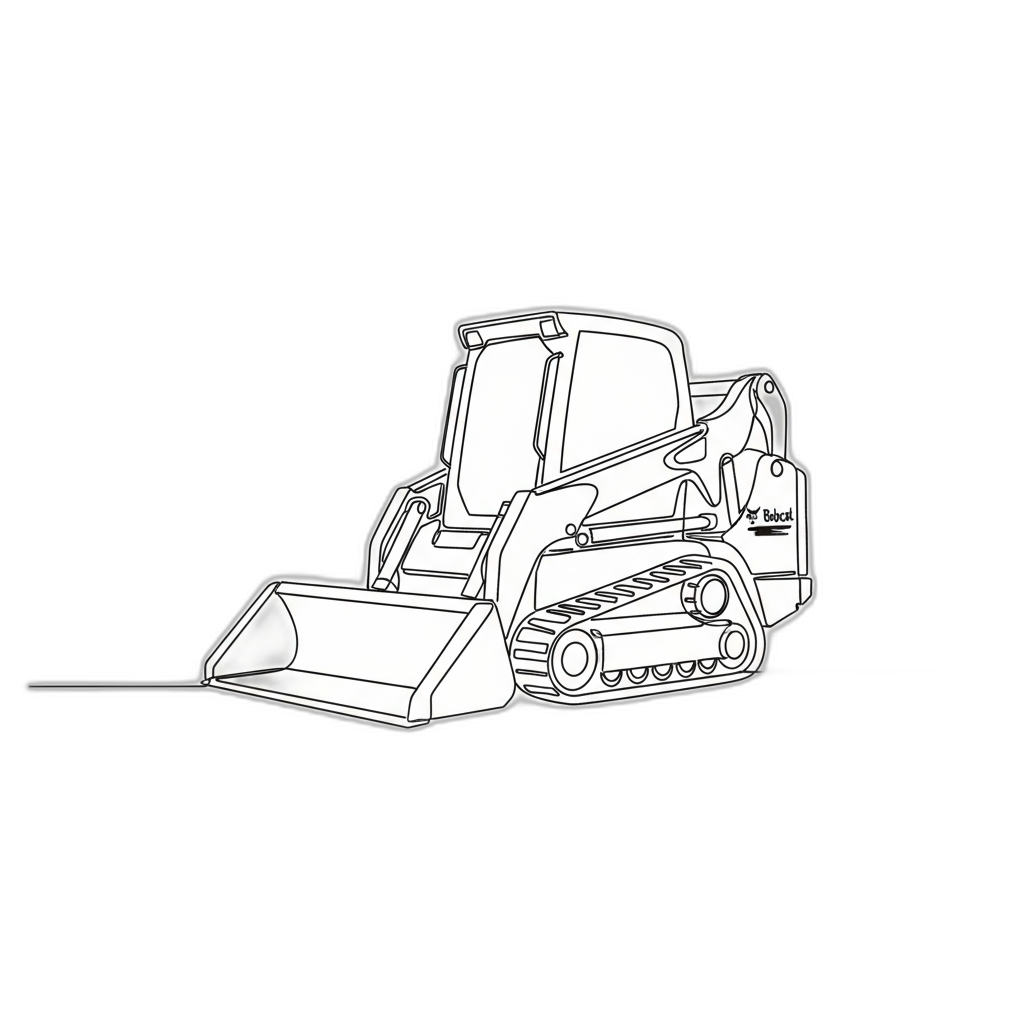
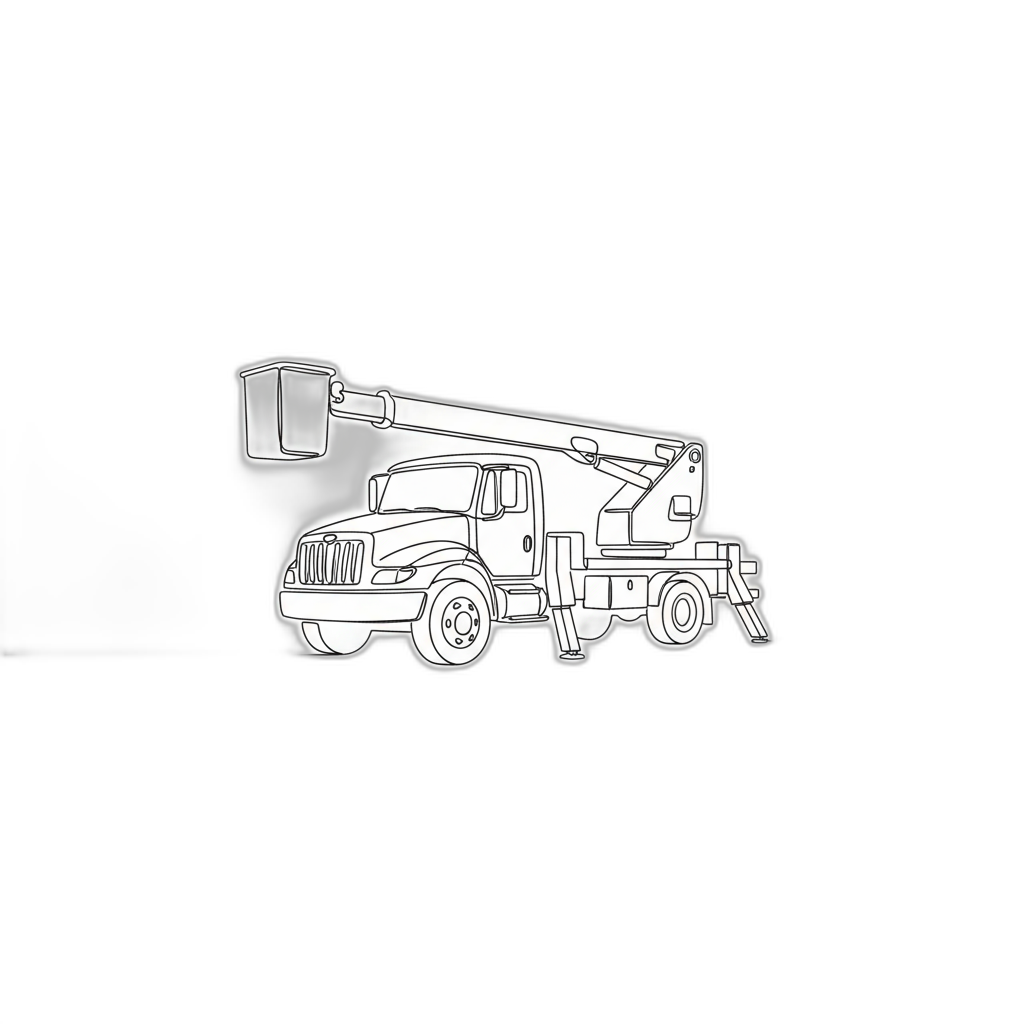
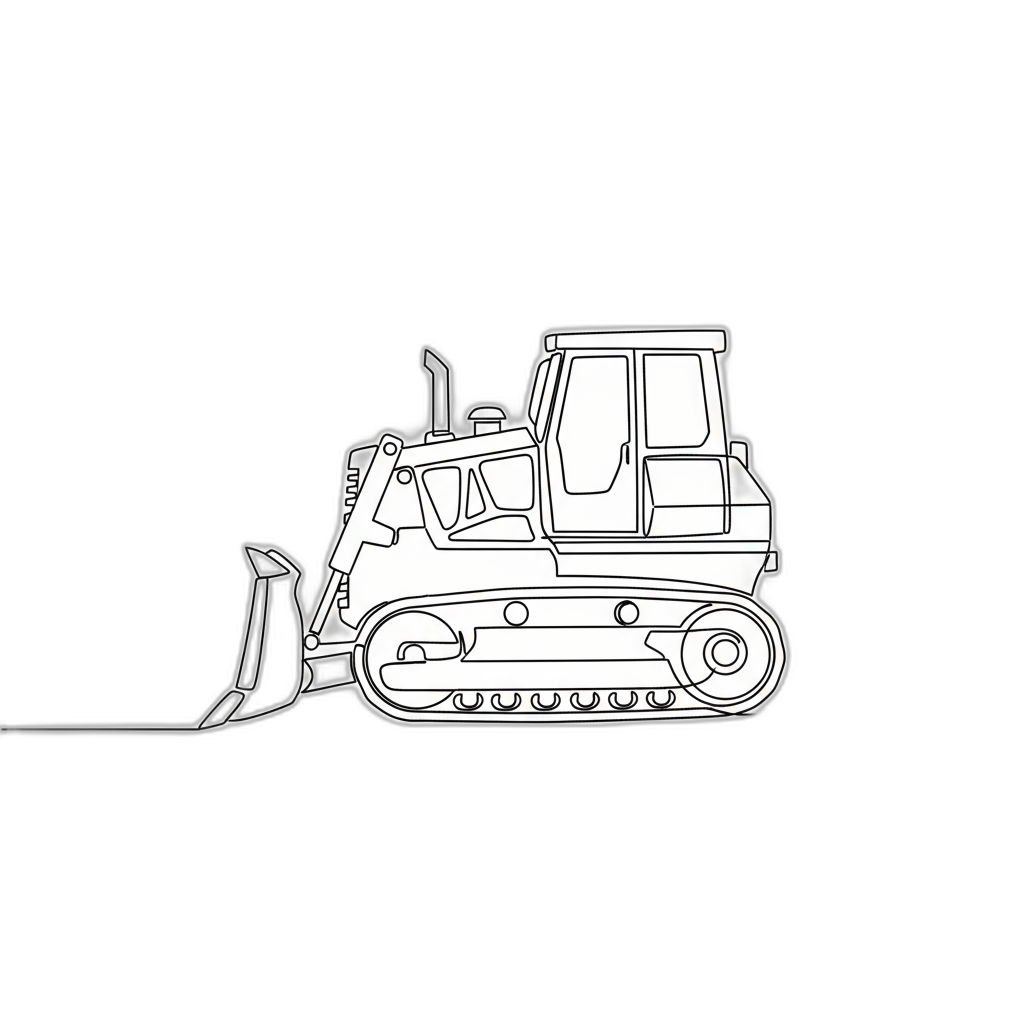



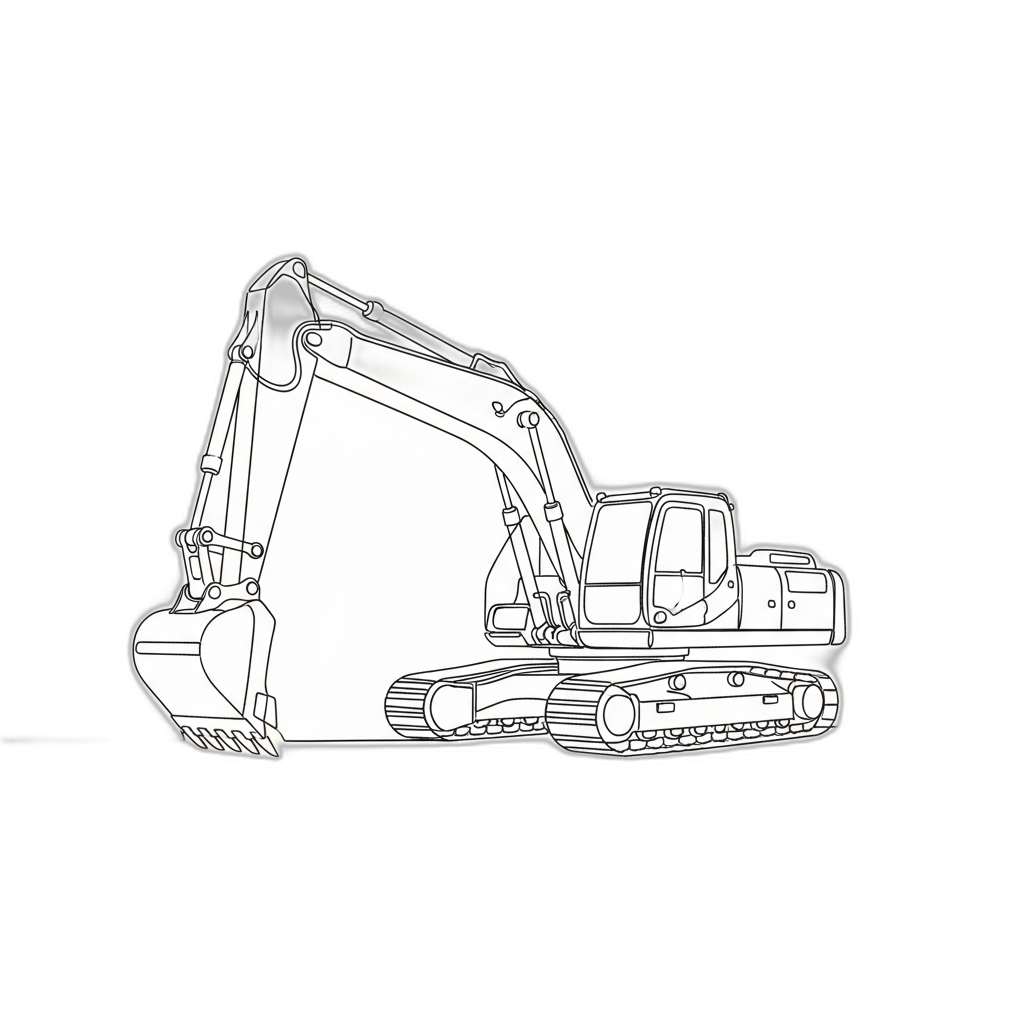
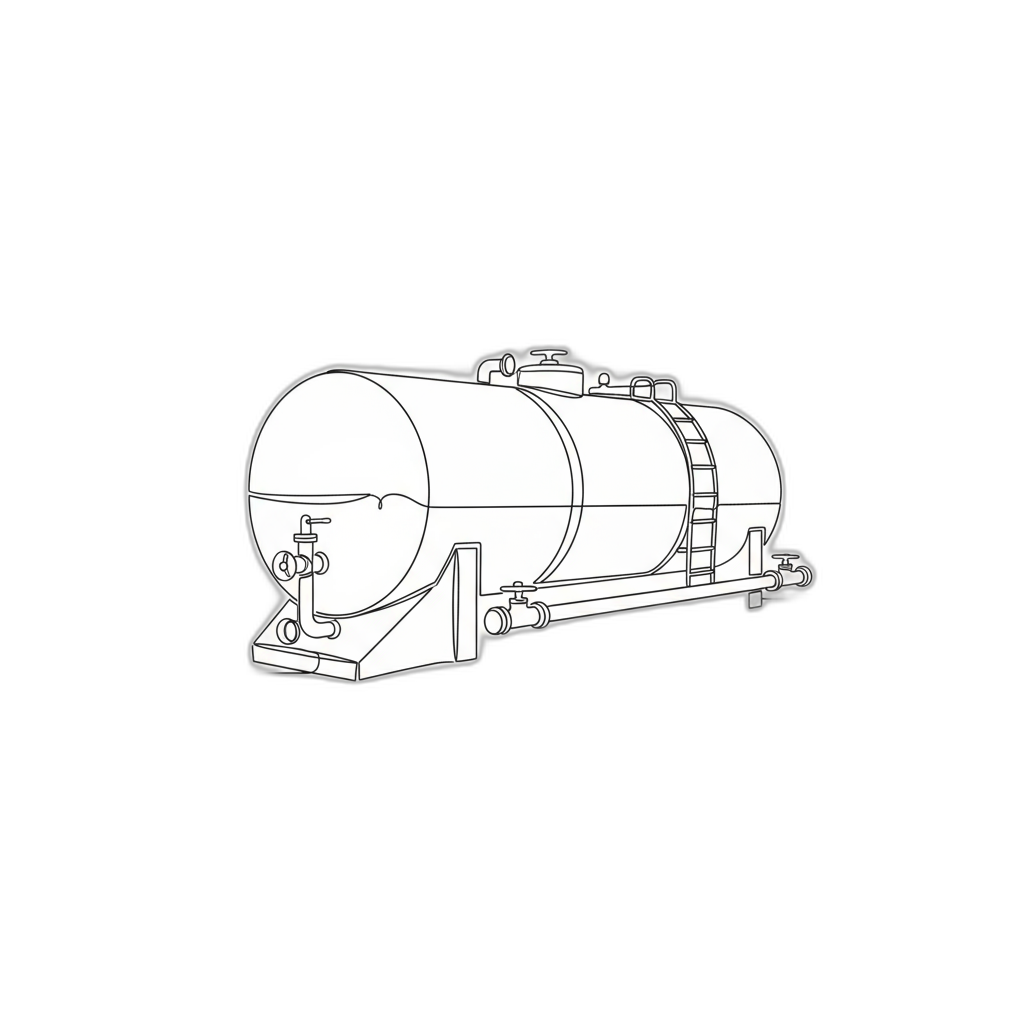

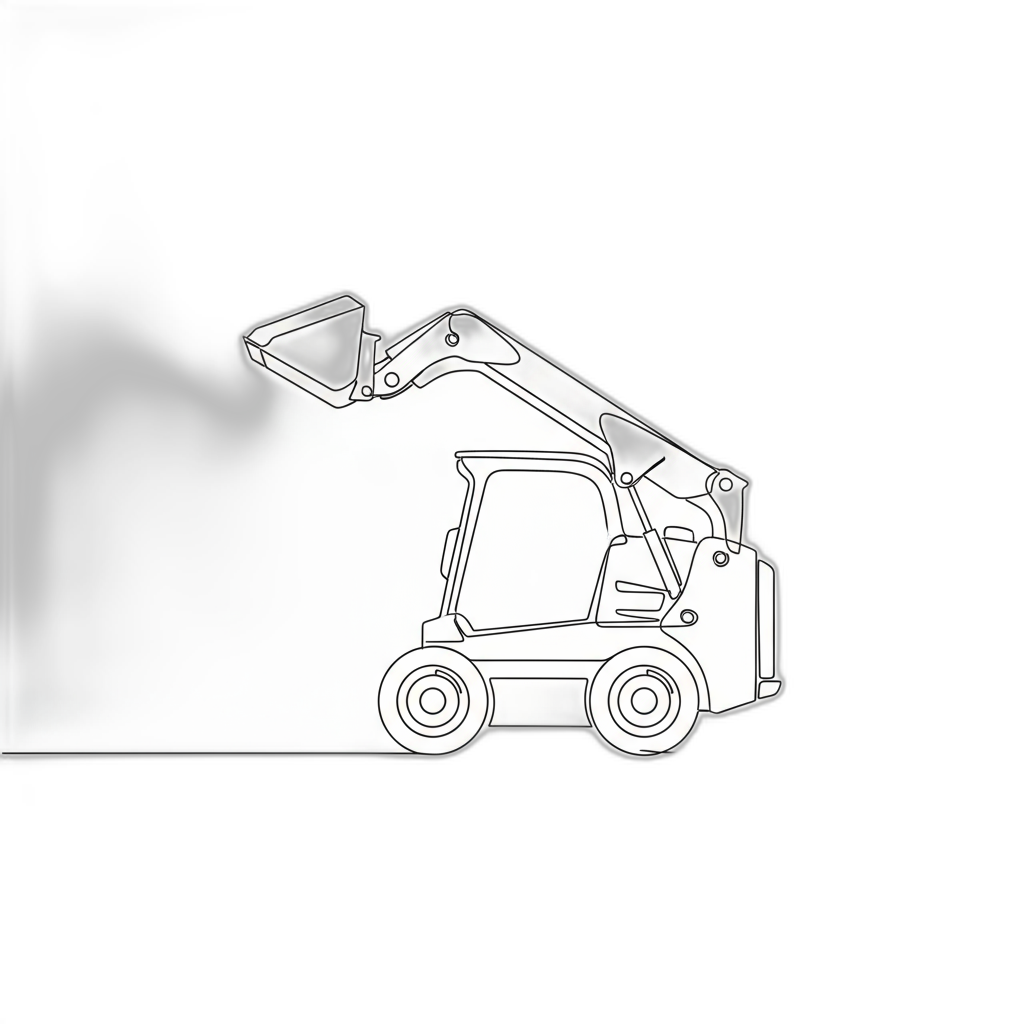


.svg)










